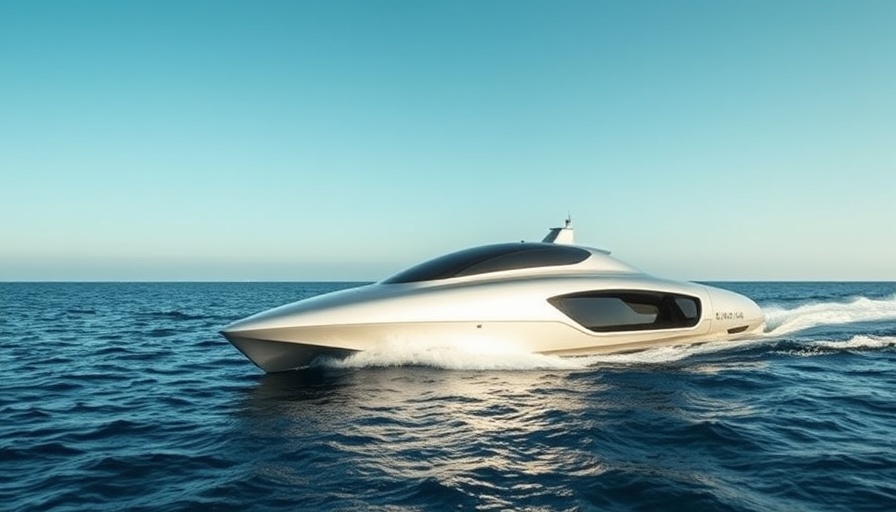
The Future of Naval Technology and Autonomy
As the world transitions into an era of technological advancement, industries like defense are witnessing a surge in innovation and investment. Blue Water Autonomy, a startup focused on constructing unmanned ships, recently garnered attention by raising a significant $50 million in Series A funding, led by GV. This influx of capital is not merely a financial milestone but a reflection of a larger trend in the tech industry deeply affecting military operations.
Unmanned Ships: Rethinking Naval Warfare
At the helm of this endeavor is Rylan Hamilton, a veteran with hands-on experience in naval operations. He emphasizes the challenge of modernizing aging fleets with newer technology. Hamilton’s insights highlight a vital issue: while naval vessels boast unparalleled resilience, their technological capabilities often lag behind civilian innovations—an irony in an era marked by rapid advancements in consumer technology.
Venture Capital’s Bold Bet on Defense Tech
The venture capital landscape has seen a marked rise in funds directed towards defense technology, buoyed by an estimated $100 billion in investments between 2021 and 2023. With industry veterans like Dave Munichiello suggesting that the U.S. military will increase spending on naval autonomy, the prospects for startups like Blue Water appear promising. This sentiment is further backed by legislative efforts such as the Big Beautiful Bill, which aims to bolster naval readiness and innovation.
The Impact on Local Economies and Startup Ecosystems
The implications of these investments go beyond technology. They affect local economies, especially in regions with a robust defense industry presence, like the Bay Area. As Blue Water Autonomy positions itself at the confluence of government contracts and private funding, other startups must learn from their strategy in attracting venture capital, which may pave the way for a thriving ecosystem.
In summary, as Blue Water Autonomy embarks on its journey to develop unmanned ships, it stands as a beacon of potential innovation within the military sector—an intersection of technology and strategy that could reshape naval warfare and drive significant economic growth. Keep an eye on this exciting startup and the broader trends in the defense tech industry.
 Add Row
Add Row  Add
Add 



Write A Comment